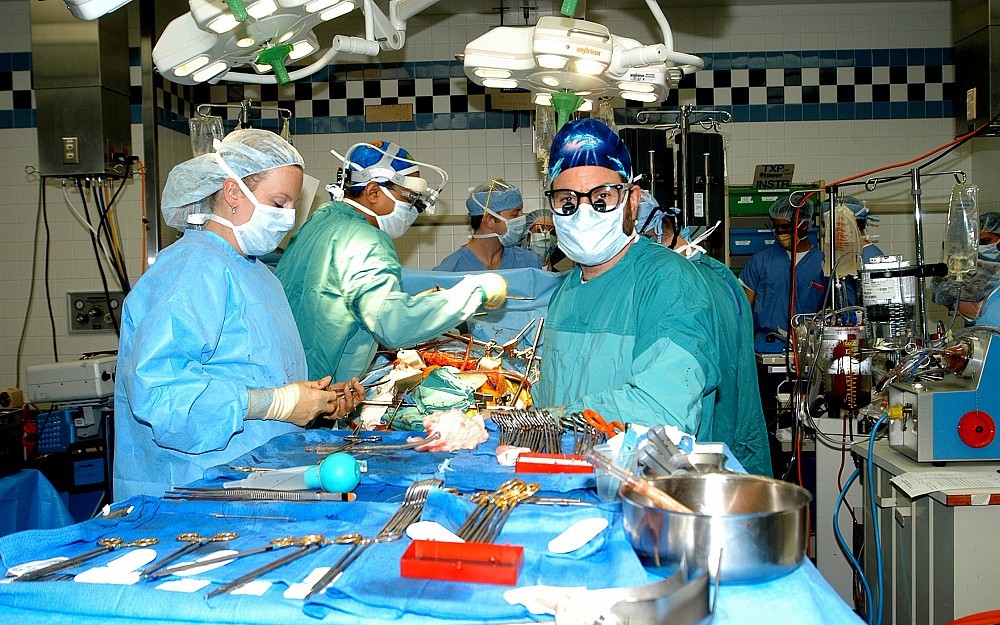
UC HEALTH LINE: UC Surgeons Encourage Area Residents to Donate Organs, Save Lives
CINCINNATIOver 105,000 people nationwide are on the waiting list for an organ transplantthousands of whom live in Ohio.
With April being National Donate Life Month, UC experts are encouraging local residents to think about giving a piece of themselves to save lives.
According to the Ohio Organ Donation Web site, nearly 2,500 Ohio residents are waiting for a transplant daily, and one Ohio resident dies every other day while waiting for a life-saving transplant.
Hundreds more need eye and tissue donations to improve their quality of life.
Steven Rudich, MD, PhD, a professor in the UC transplant surgery division, says there is a shortage of donors in the Cincinnati area.
He says that despite what many potential donors think, young people arent the only ones who can give.
We can use skin, tissue or organs from donors 70 years old and up, he says.
He adds that one donor could give up to seven organs, including the heart, liver, kidney and pancreas.
This simple act could save the lives of many people in the local area, he says.
Rudich says there has been a shortage of live organ donors, especially for kidneys.
Between 50 and 65 percent of our kidney transplants should come from live donors, he says. However, the numbers in our local area are only 40 to 50 percent.
There is also a need for minority donors.
Rudich, who specializes in the transplant of livers, says that although more people are waiting for kidney transplantsup to four times more than those waiting for a liverthe need for liver transplants can come on very suddenly. That means its important to have healthy livers on hand.
People with hepatitis C or alcohol problems are most of our transplant recipients, he says.
Hepatitis C is a blood-borne infectious disease caused by the hepatitis C virus which infects the liver. The infection can cause liver inflammation that often shows no symptoms but can result later in cirrhosisscarring of the liverand liver cancer.
Rudich says that because symptoms of liver inflammation caused by hepatitis C and alcohol abuse are often rare, people often have no idea they have a problem until fairly late in the disease process.
People at risk for hepatitis C should be screened regularly, he says, adding that people who excessively use alcohol should also be on the lookout for liver problems. By being aware of the risks, a person could prevent him or herself from needing a liver transplant.
He adds that becoming a donor is as easy as surfing the Web.
There is an Ohio donor registry online that is easy to follow and complete, he says. You never know whose life you may save.
For more information on becoming a donor, visit www.donatelifeohio.org.
Tags
Related Stories
Can new rules in Ohio address a pharmacy staffing shortage and...
May 17, 2024
The University of Cincinnati's Michael Hegener joined WVXU's Cincinnati Edition to discuss recent rules released by the Ohio Board of Pharmacy designed to address pharmacy staffing.
Is ketamine the answer to treatment-resistant depression?
May 16, 2024
The University of Cincinnati's Stephen Rush joined WVXU's Cincinnati Edition to discuss the use of ketamine and esketamine to treat treatment-resistant depression.
UC study: Severe ischemic strokes rare in total patient...
May 15, 2024
The University of Cincinnati’s Yasmin Aziz will present research at the European Stroke Organisation Conference that found severe ischemic strokes with the most severe damage are rare in the total stroke patient population.
